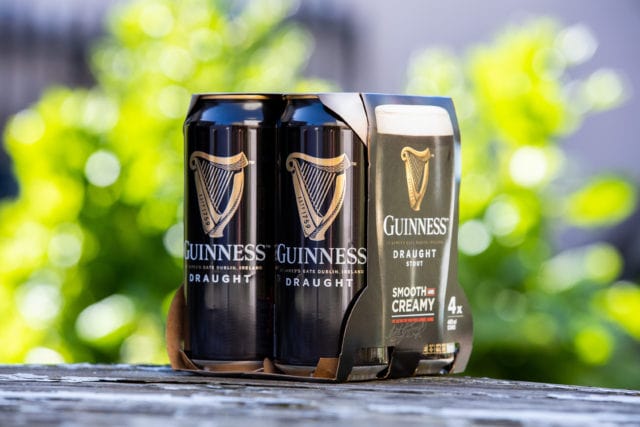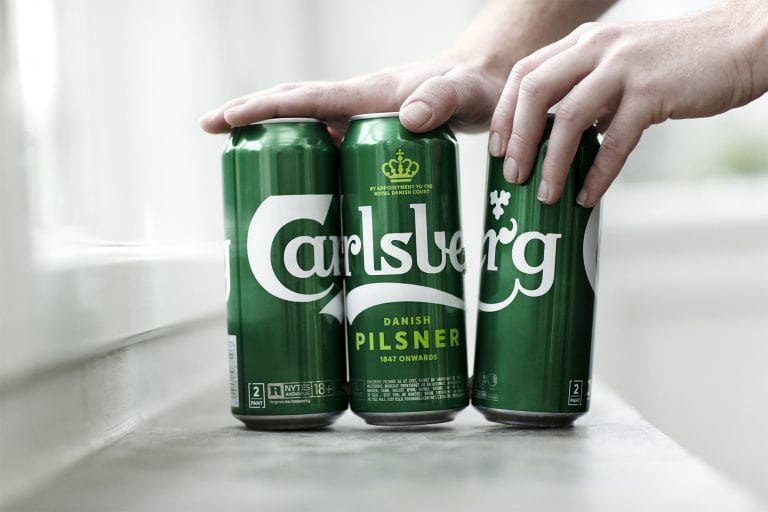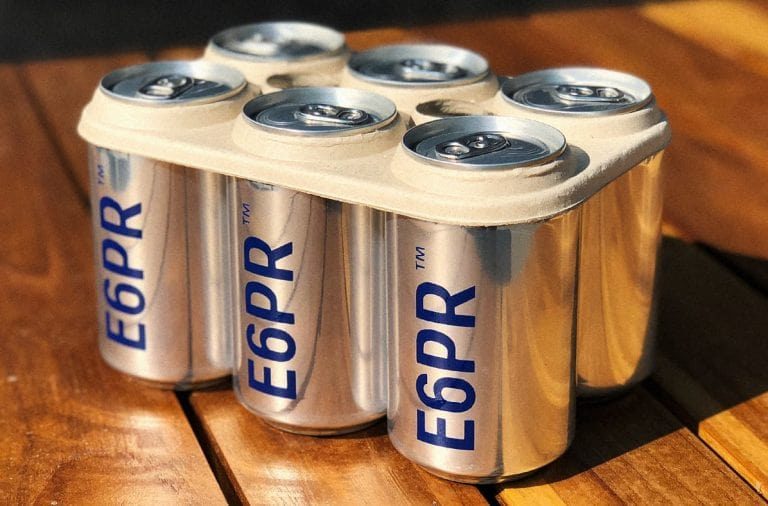
Plastic six-pack rings are a nightmare. They trash oceans, ensnare sea life and will outlast all of us…
And in effort to counter the ecological waste associated with this troublesome kind of packaging, Guinness, which is owned by Diageo, has announced that it will be replacing the plastic rings with cardboard packs, which are sustainably sourced, recyclable and fully biodegradable.
In addition to Guinness, Diageo will also be removing plastic packaging from other company-owned brands including Harp and Smithwick’s.
According to the BBC, Diageo’s bottling and packaging plant in Belfast Ireland will be the first site producing the new packs. “It packages products which are exported around the world, including to the US, Canada, South Korea and Europe.”
Diageo’s £16m investment in a more sustainable future is part of the company’s directive to significantly reduce its use of plastic by 2025, which include the following targets.
Diageo’ Plastics Targets for 2025
- Ensure 100% of our plastic use is designed to be widely recyclable (or reusable/compostable), using plastics that allow for increased consumer recycling rates
- Achieve 40% average recycled content in our plastic bottles – and 100% by 2030
- Continue to invest in circular economy opportunities and other sustainable packaging breakthroughs
- Accelerate our support for recycling by increasing collaboration, particularly where we have influence, and engaging with Governments, peers and consumers to facilitate improved recycling.
The new packaging which Diageo projects will cut its plastic waste by 400 tons per year, is the equivalent of removing 40 million plastic bottles from the world which, if laid out in a row, would reach from London to Beijing.

The movement away from plastic beer ring packaging has been gaining momentum around the world.
In 2018, Carlsberg announced that it would be replacing traditional plastic 6-pack rings, with tiny dots of glue binding the cans together that won’t trash the world’s oceans or entangle its sea life.
Already on retail shelves in the UK, Carlsberg’s “Snap Pack” hopes to reduce the amount of plastic used in traditional multi-packs by up to 76%, and the company’s overall global plastic usage by more than 1,200 tons.

And last year a Mexican startup E6PR (Eco Six Pack Ring) introduced eco-friendly packaging that has begun to gain traction.
Biodegradable and compostable, E6PR six-pack packaging will eventually break down outside or in the water. And unlike today’s omnipresent plastic six-pack ring, if an animal eats it, the material won’t harm its digestive system.
 American Craft Beer The Best Craft Beer, Breweries, Bars, Brewpubs, Beer Stores, And Restaurants Serving Serious Beer.
American Craft Beer The Best Craft Beer, Breweries, Bars, Brewpubs, Beer Stores, And Restaurants Serving Serious Beer.
